What is a daw
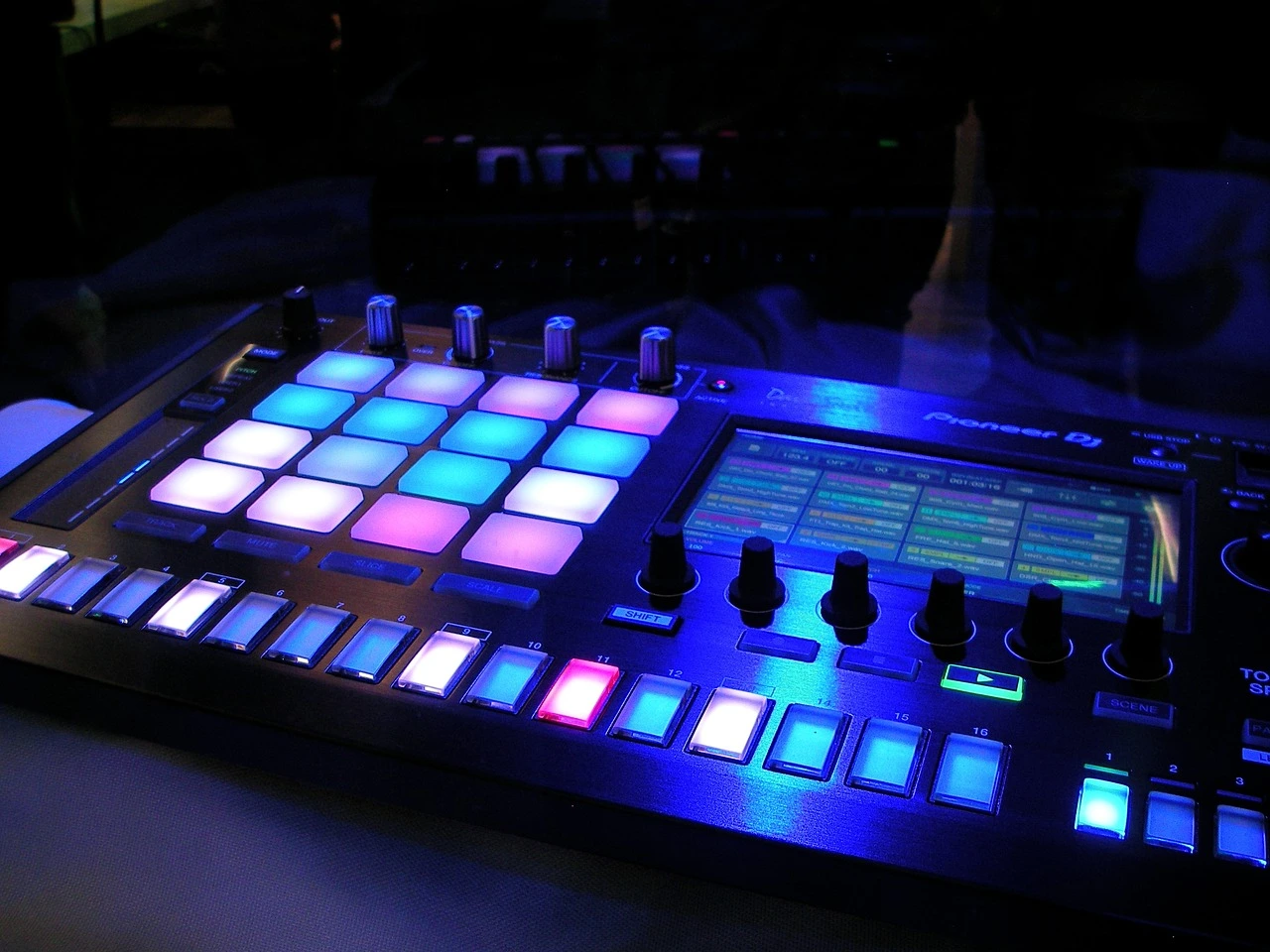
What is a daw in music
What is a daw in music
The Digital Audio Workstation (DAW), a potent and essential tool, is at the center of the creative process in the field of contemporary music production. It’s critical for both seasoned producers and aspiring musicians to comprehend the importance of a DAW. Together, we will unravel the mystery surrounding DAWs and examine how they have transformed the field of music production.
Defining the DAW: What is a daw in music
A Digital Audio Workstation, or DAW, is a comprehensive software application that serves as a centralized hub for recording, editing, and producing digital audio. Essentially, it is the digital counterpart of a traditional recording studio, offering a virtual space where musicians can bring their musical ideas to fruition.

Key Components of a DAW:
Multitrack Recording:
Recording numerous Audio Tracks at Once: DAWs enable users to record numerous audio tracks at once. Every component of a song, including the vocals, instruments, and samples, can be recorded separately, giving editors more creative freedom while editing.
MIDI Sequencing:
DAWs make it possible to control and work with virtual instruments using MIDI (Musical Instrument Digital Interface). This creates a whole new realm of possibilities, enabling artists to produce instrumentals with authentic sounds without requiring real equivalents.
Audio Editing:
DAWs are quite good at this. Accuracy is really important while producing music. With surgical precision, users can alter audio waveforms in a variety of ways, including cutting, splicing, time-stretching, and pitch-shifting.
Mixing and Effects:
DAWs give users access to a virtual mixing console where they may apply a wide range of audio effects and alter the volume and pan. A DAW’s mixing features, which range from equalization and compression to reverbs and delays, are crucial for producing a polished and industry-standard sound.
Arrangement and Composition:
DAWs provide a canvas on which to compose and arrange music. Users can arrange various song segments, play around with song structures, and compose a seamless musical story.
Automation:
DAW automation features let users program parameter changes over time. This can involve changing the music’s volume, panning, and effect modulation, which can create dynamic movement and expressiveness.
What is a daw in music Let’s get some popular daws down below.
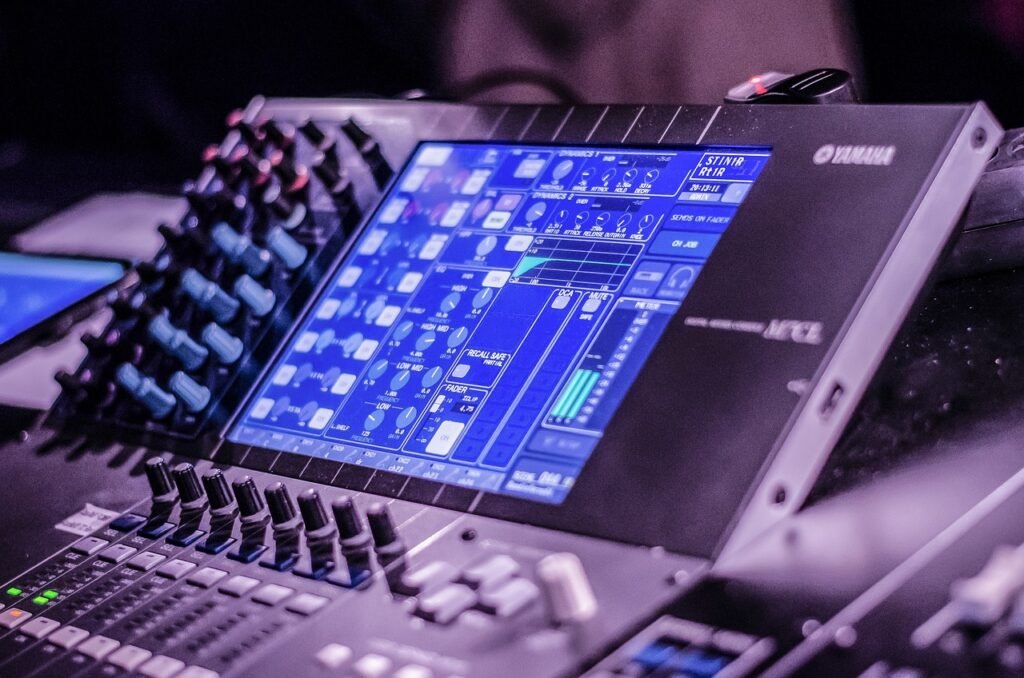
Popular DAWs in the Industry:
Ableton Live: Well-known for its electronic music production tools and live performance skills.
A dynamic and cutting-edge digital audio workstation (DAW) for electronic music production and live performances is Ableton Live. It is well-known for its user-friendly interface, real-time performance capabilities, and seamless integration of audio and MIDI. It is extensively utilized for live DJ performances, remixing, and electronic music composition.
Logic Pro X: Apple’s flagship DAW, favored for its intuitive interface and extensive virtual instrument library.
Apple created Logic Pro, a feature-rich Digital Audio Workstation (DAW). It is well known for its high-quality audio mixing, editing, and recording capabilities. Logic Pro’s versatility in music composition across all genres has made it a favorite among musicians and producers. It boasts an easy interface and an extensive library of virtual instruments and effects.
Pro Tools: Known for its potent audio editing and mixing capabilities, this program is frequently utilized in professional studios.
Professional audio recording, editing, and mixing are commonly conducted using Pro Tools, an industry-standard Digital Audio Workstation (DAW). Pro Tools is a popular software among audio engineers, producers, and artists in the professional music and post-production sectors because of its sophisticated features, superior audio processing, and compatibility with high-end studio hardware.
FL Studio: Known for its sophisticated pattern-based sequencing and easy-to-use interface.
Fruity Loops, or FL Studio, is a multipurpose Digital Audio Workstation (DAW) that is well-known for its feature-rich features and intuitive interface. It provides robust tools for producing music, including as audio editing, MIDI sequencing, multitrack recording, and a range of virtual instruments and effects. Professionals and novices in the field of music creation both use FL Studio.
Reason: Unique for its virtual rack of instruments and effects, emulating a physical studio setup.
One distinctive feature of Reason, a Digital Audio Workstation (DAW), is its arrangement of virtual racks. It provides a wide variety of virtual instruments and effects modules so that users can compose music in a setting that is adaptable and modular. Reason is well-known for its intuitive user interface and is well-liked by producers and artists for its imaginative sound design options.
The Democratization of Music Production:
With the introduction of DAWs, music production has become more accessible and democratic. With the freedom to compose, rehearse, and produce music from the comfort of their homes, musicians are no longer restricted to traditional recording facilities, sparking a global creative explosion.
Conclusion:
The Digital Audio Workstation is a crucial component that connects musicians to an endless array of options in the complex field of music creation. The DAW is your ally in the quest of sound quality, whether you’re a solo artist creating your first song or an experienced producer creating the next smash single. Accept the creative potential of digital media, and use the DAW as a doorway to a world where your musical ideas come to life.
I hope you now have a better understanding of What is a daw in music
Check other blogs
Read our featured blog How can I become a musician Good and Easy Steps 2023
Can AI Replace Human Musicians? Exploring the Future of Music Creation

Can AI replace human artists? Artificial intelligence in music Can AI Replace Human Musicians? Introduction Artificial intelligence in music (AI) is swiftly changing multiple industries, and the music sector is no different. The incorporation of AI into music production, songwriting, and live performance has opened…
How to Use Vocal Compressor?

How to Use Vocal Compressor? Vocal compression is an important step in music production for creating a refined sound. This article covers everything from how to set up your compressor and dial in the optimum settings to advanced techniques like as parallel and side-chain compression.…
Difference Between Home Studio and Professional Studio

Difference Between Home Studio and Professional Studio Discover the fundamental distinctions between home and professional audio production facilities. Learn about each type of studio’s equipment, technology, and expenses, as well as the benefits and drawbacks. Whether you’re a hobbyist or a professional, this guide will…
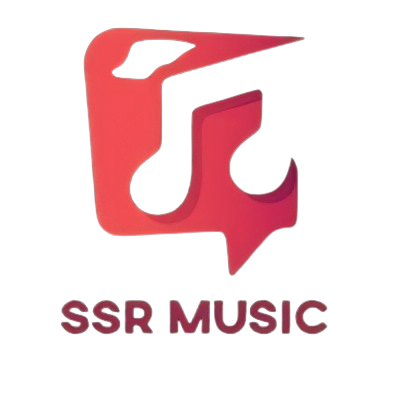


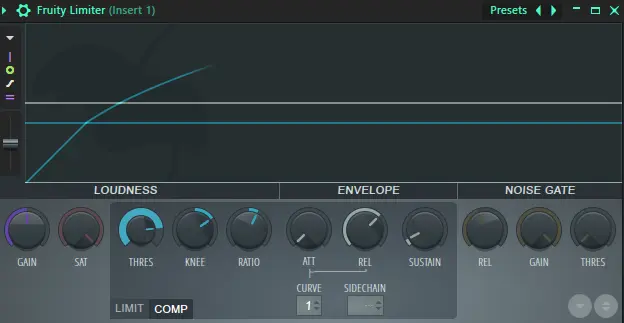
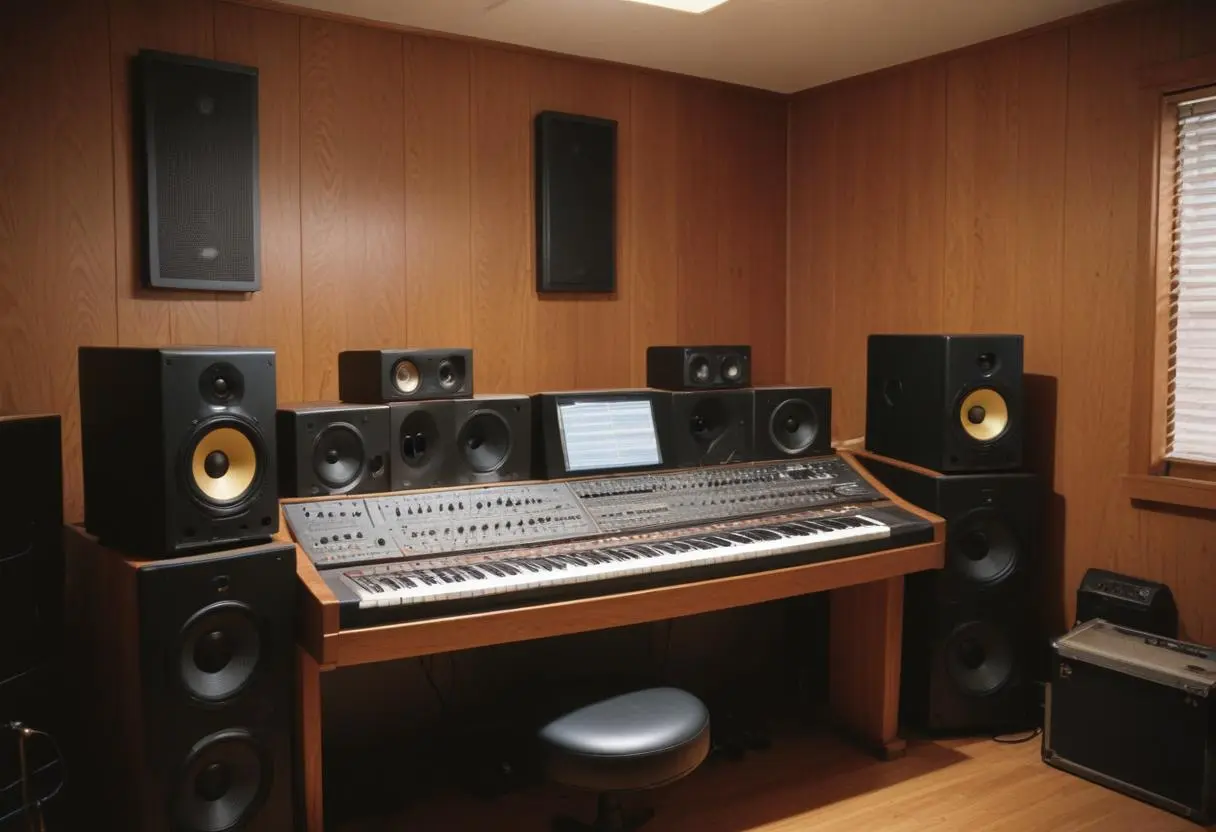
Leave a Reply